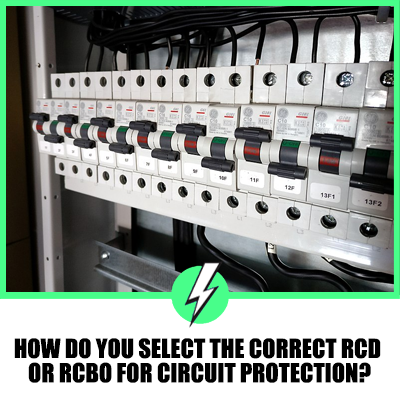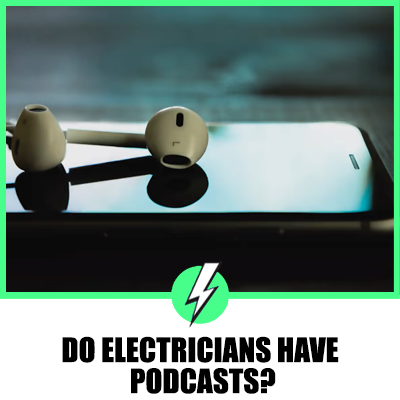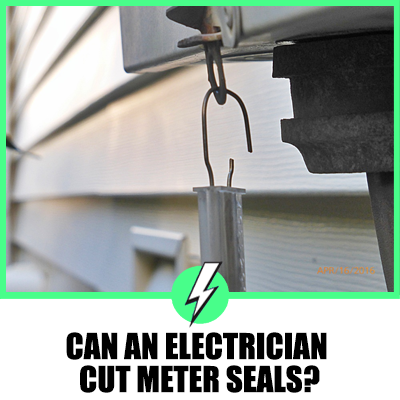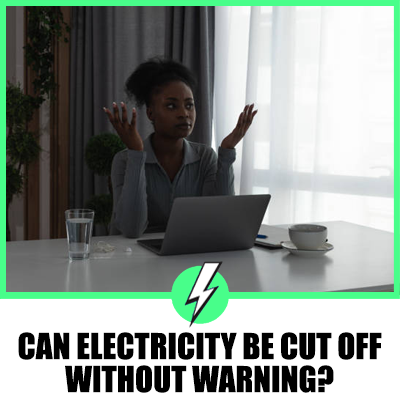How To Put Out An Electrical Fire?
Below is how to put out an electrical fire, and we cover ways to avoid some of the risks of them happening and also answer:
- Why are electrical fires so dangerous?
- Can’t you spray them down with a hose?
- Is there a quick way to extinguish an electrical fire?
Isolate the power supply and use co2 or dry powder extinguishers. The extra element of electricity makes electrical fires more dangerous. If you spray an electrical fire with water, the electricity could backtrack through the water and electrocute you.
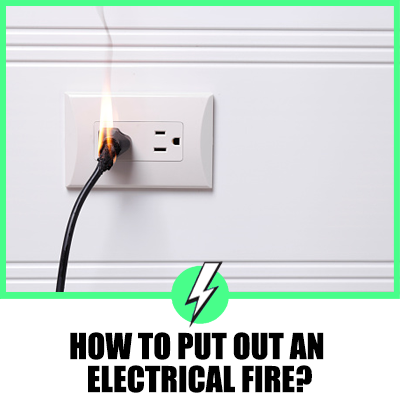
Contents
What is the first step to putting out an electrical fire?
If you are unfortunate enough to have an electrical fire break out in your home or office, you must act quickly and decisively.
- Contact the fire brigade, and there is no time to assess the situation, raise the alarm in your home or office and remove your family and friends from danger.
- If the fire is in your kitchen appliances, such as a toaster, unplug the toaster from the wall. If possible, cut off the electricity. This will prevent the fire from flaring up if you subdue the flames.
- If you don’t have a fire extinguisher, you can try smothering the fire in bicarbonate soda. You can also smother the flames with salt.
- Remove the oxygen source if possible, as above.
- Never be tempted to use water on an electrical fire.
If you have a fire extinguisher in your home, it will likely be CO2 which is fine for extinguishing the flames of an electrical fire.
Can flour put out an electrical fire?
No, flour could cause a huge explosion as the flour dust ignites, making a manageable fire a major incident.
Do you know flour mills use wooden floors and shakers to avoid sparks that could potentially ignite flour dist and cause a catastrophic explosion?
Together with flour, do not get confused between baking soda and baking powder. They are different and baking powder will have the same effect as the flower.
How do electrical fires start in walls?
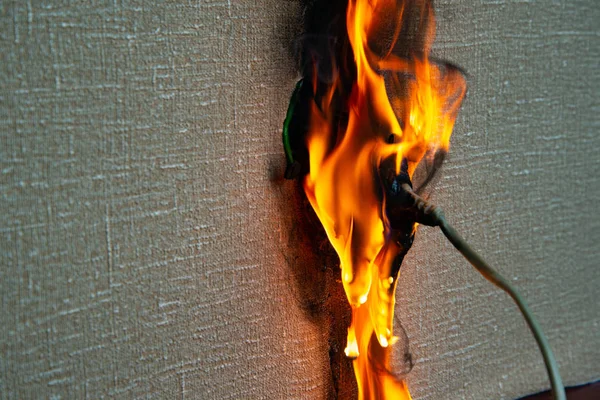
Old wiring. Rodents in the wall cavity chewing the cables and exposing the copper wires can cause sparks or even arcs.
In newer properties, it’s rare to have an electrical fire in a wall. If you do call the fire brigade, they are trained to deal with such fires.
In modern homes, RCDs, RCBO, and now RCBO A eliminate the risk of sparks and arcs that can cause fires and worse electrocution.
What not to use on an electrical fire
Water is the biggest offender, and it’s easy for brain fog to set in in a panic situation. You see flames and reach for water in a glass or using a hose. Using water can be fatal. You are better off letting your house burn to the ground (if there is no one inside) than using water to extinguish an electrical fire.
Don’t use anything flammable such as trying to smother the fire with a piece of thin fabric. It won’t do the job, and if the electricity is not isolated, you could get shocked.
Does all water conduct electricity?
No, purified and distilled water makes an excellent insulator, but the water we drink and bathe in is different. It contains dissolved particles of salts and minerals that make it an excellent conductor for electricity.
How do you know if you have an electrical fire?
There are telltale signs that something is not right, and you need to pay attention to the signs as the fire may be in a different room to you.
- If your circuit breaker keeps tripping even after resetting, you should check all the rooms in your home that use that circuit.
- Burning small, like insulation around cables burns gives an unmistakable acrid smell. You may not be able to locate the source.
- Charred outlet sockets or light fitting is a clear sign that something is amiss within the circuit, and you should call an emergency electrician immediately.
- If you live in an old home and have not got around to rewiring, then the chances of fire increase dramatically.
If your house needs to be rewired, try not to delay the consequences of old wiring can be devastating to a family.
If you are worried about the mess, don’t worry. The fire brigade will all but destroy your home to extinguish the last remnants of any flames.
Understanding the fire triangle
The fire triangle represents 3 elements you need for fire, oxygen, heat, and fuel. If you remove any one of the 3 elements of the fire triangle, the fire will be extinguished or even prevented from starting.
| Removal | Method | Type of Fire |
| Oxygen | Fire blanket, CO 2 extinguisher | Oil fires, chip-pan fires, electrical fires |
| Heat | Water | House fires, wood fires, paper fires |
| Fuel | Firebreak | Forest fires |
There is also a fire tetrahedron that includes chemical reactions as part of the process, but the basis has been covered for electrical fires.
How many home fires in the UK are caused by electricity?
It is more than you would think possible, but there were almost 37,000 house fires in the UK in 2020 attributed to electricity.
The number is staggering, and the fires were mainly caused by faulty appliances or DIY wiring, which is a worrying statistic when electricians’ labour rates are low.
What fire extinguisher do you need for an electrical fire?
You should consider having two fire extinguishers in your home to deal with electrical fires.
- CO2 carbon dioxide is a gas under pressure that takes away the oxygen from the fire causing the fire to extinguish.
- Dry powder. The dry powder smothers the flames with a fire retardant powder extinguishing the fire.
Which is best?
They both work very well for electrical fires. The dry powder will prevent a fire from reigniting as the explosive elements of the fire are smothered.
Both fire extinguishers can be used on any fire hazard, from electricity to fuel fires.

